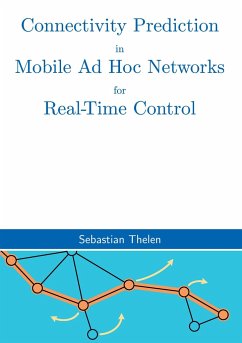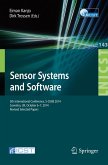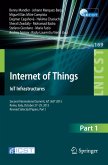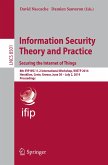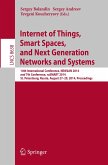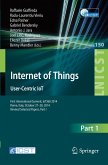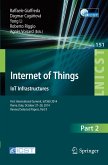Cyber-physical systems are the next step in realizing the centuries old ubiquitous computing idea by focusing on open real-time systems design and device connectivity. Mobile ad hoc networks offer the flexible, local connectivity that cyber-physical systems require, if the connectivity can be realized dependably. One aspect of the dependability is the prediction of connectivity in the mobile ad hoc network. The presented research contributes to the connectivity prediction in mobile ad hoc networks with moving network participants in two ways: It systematically analyses the influence of scenario parameters on a set of connectivity metrics and it proposes and evaluates three classes of prediction models for these metrics.

